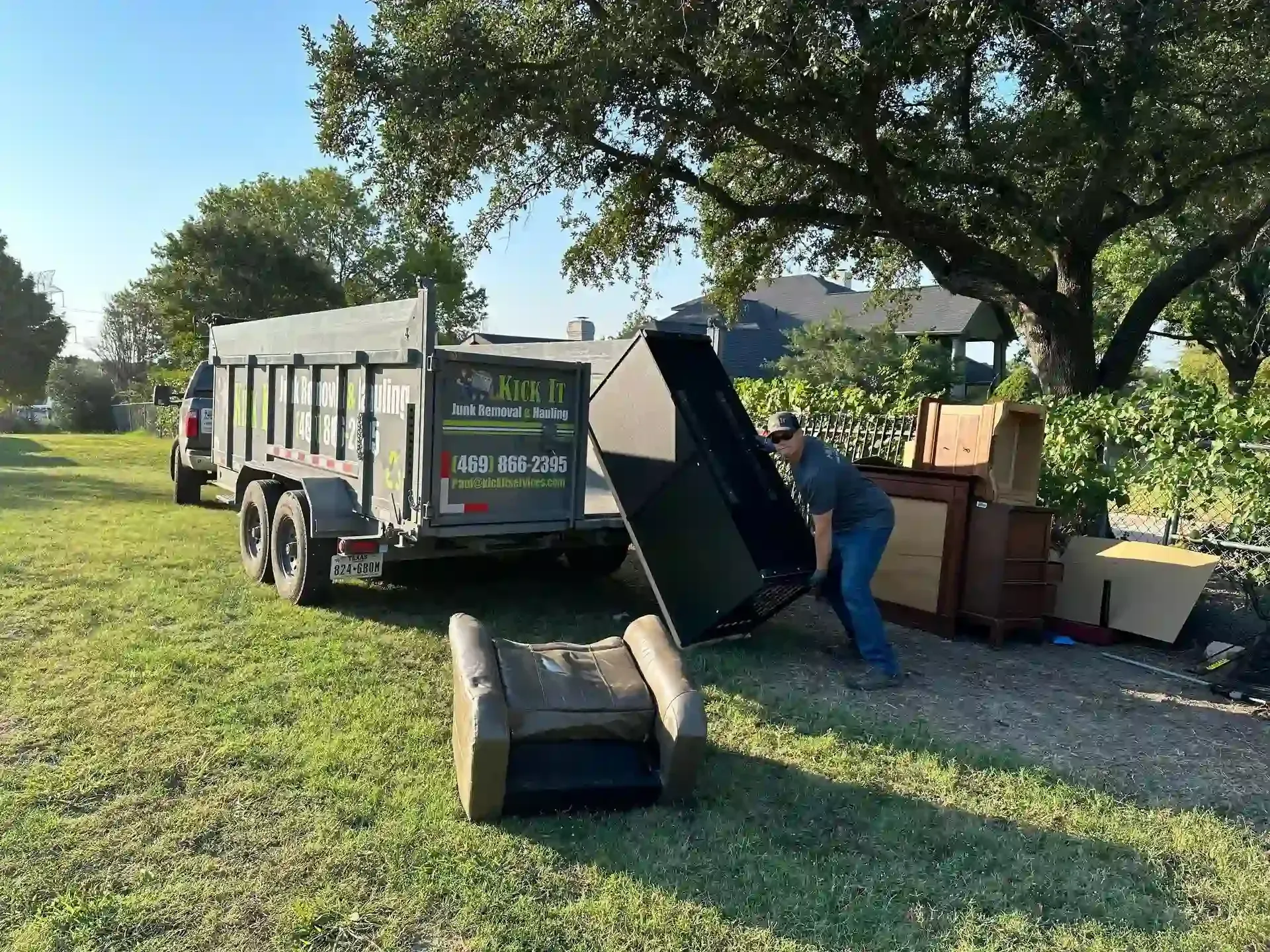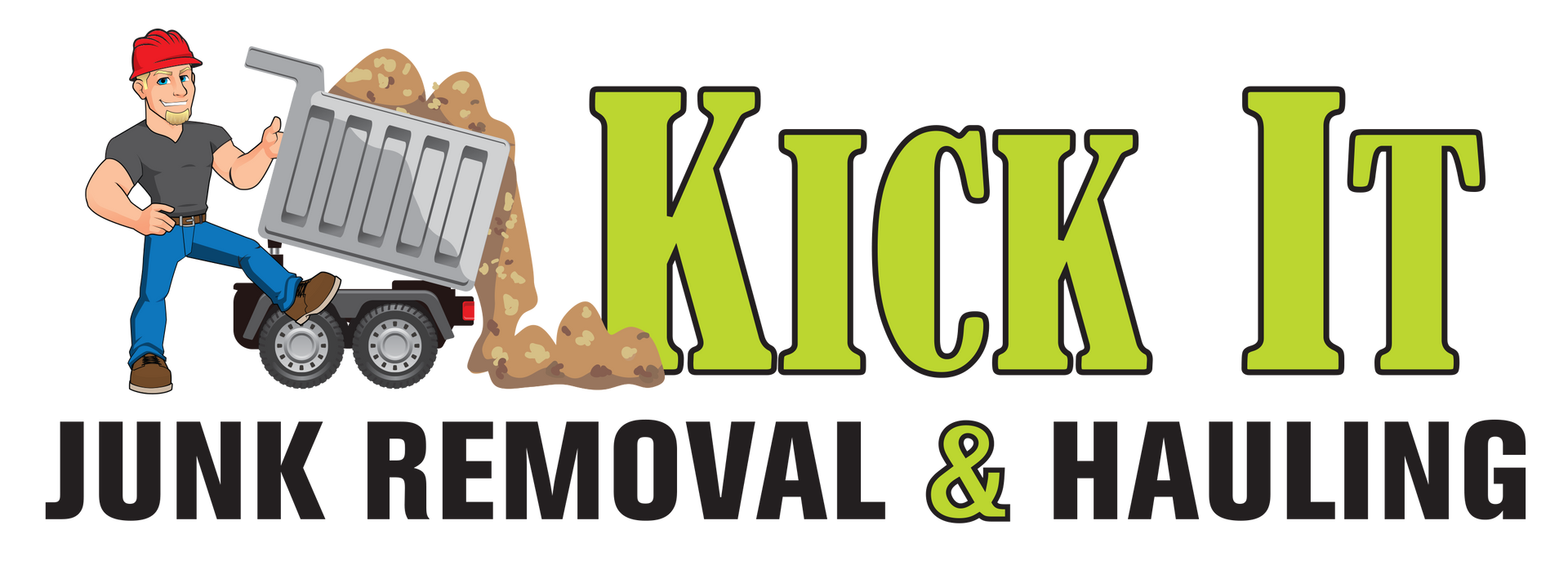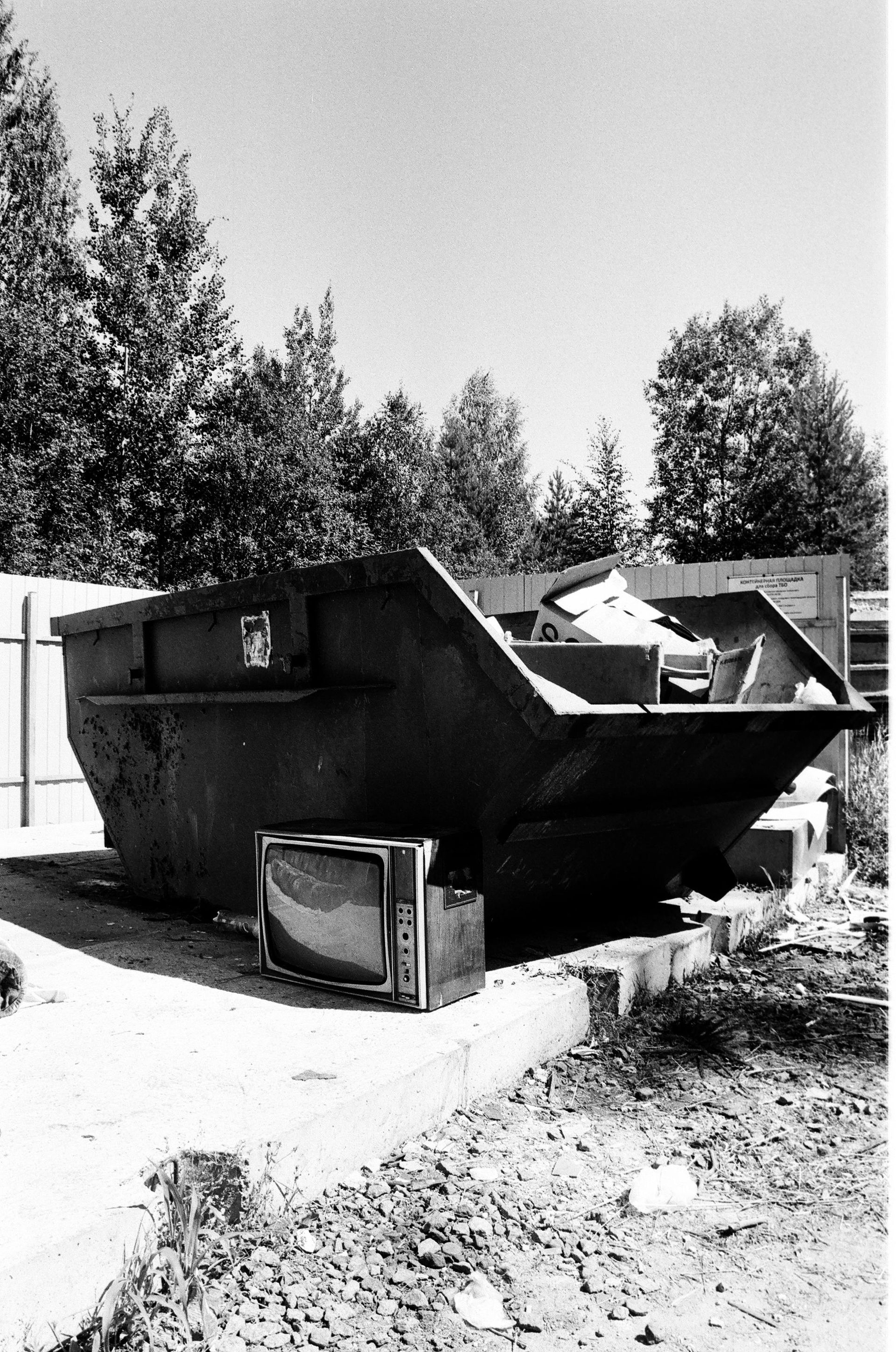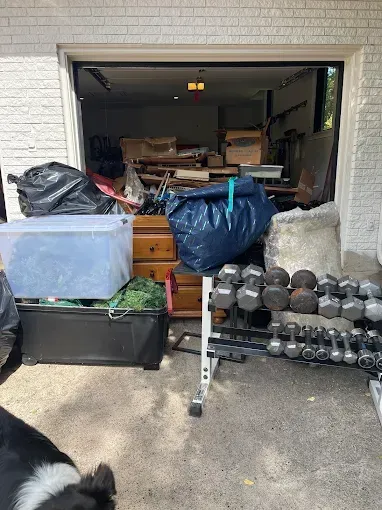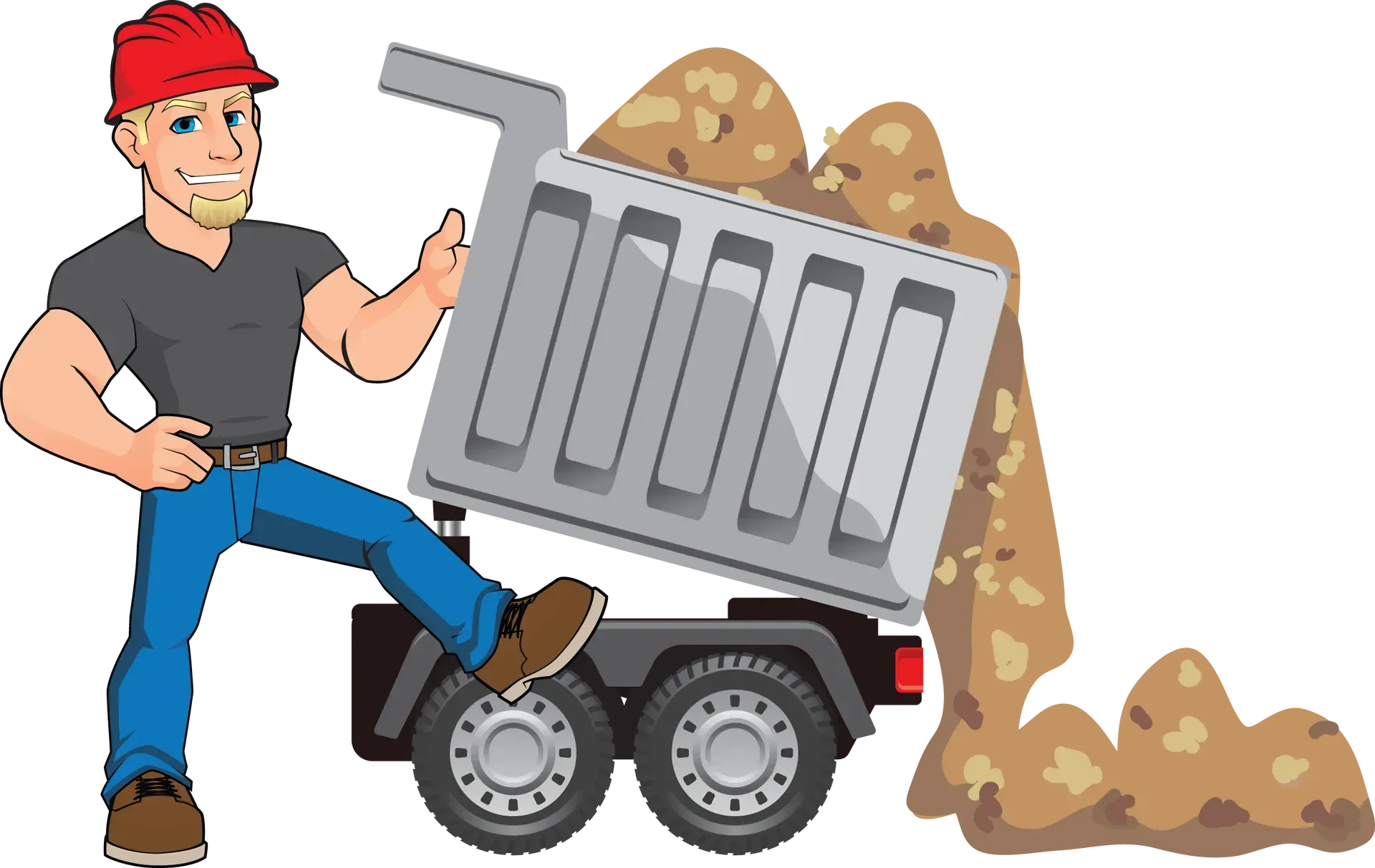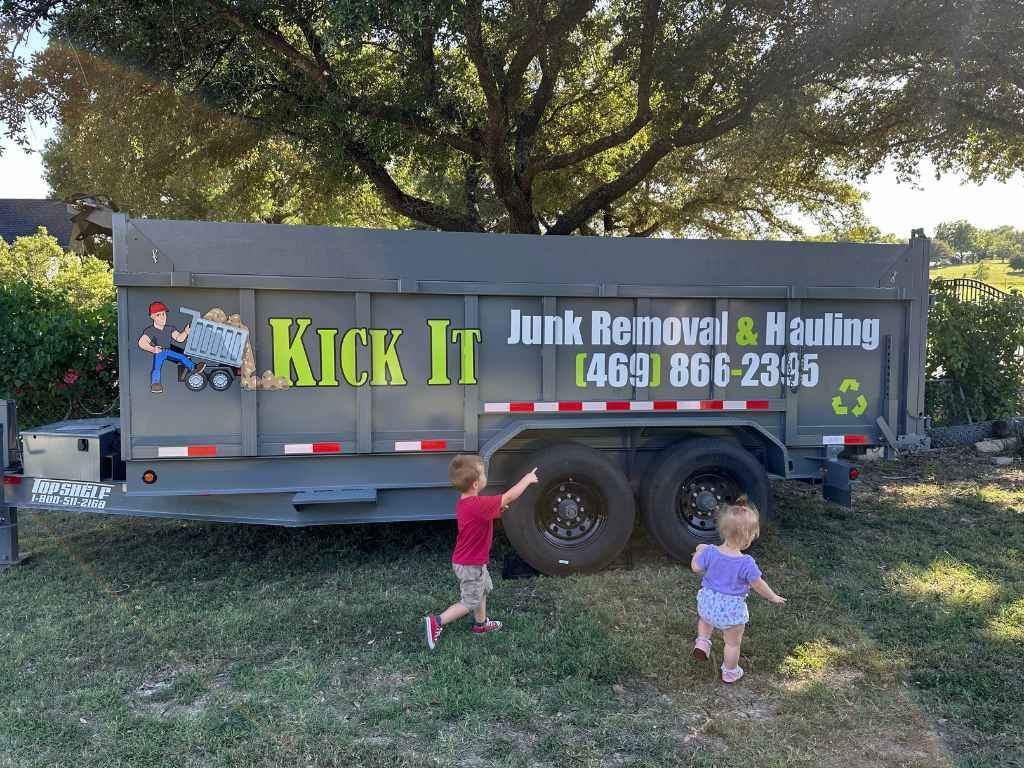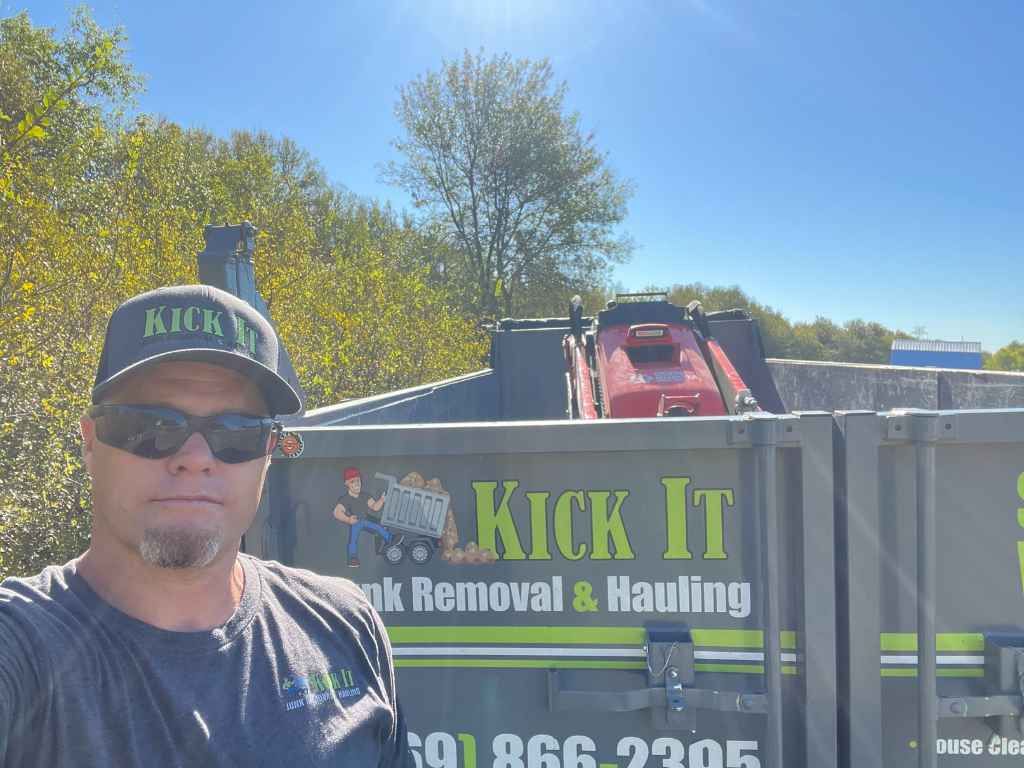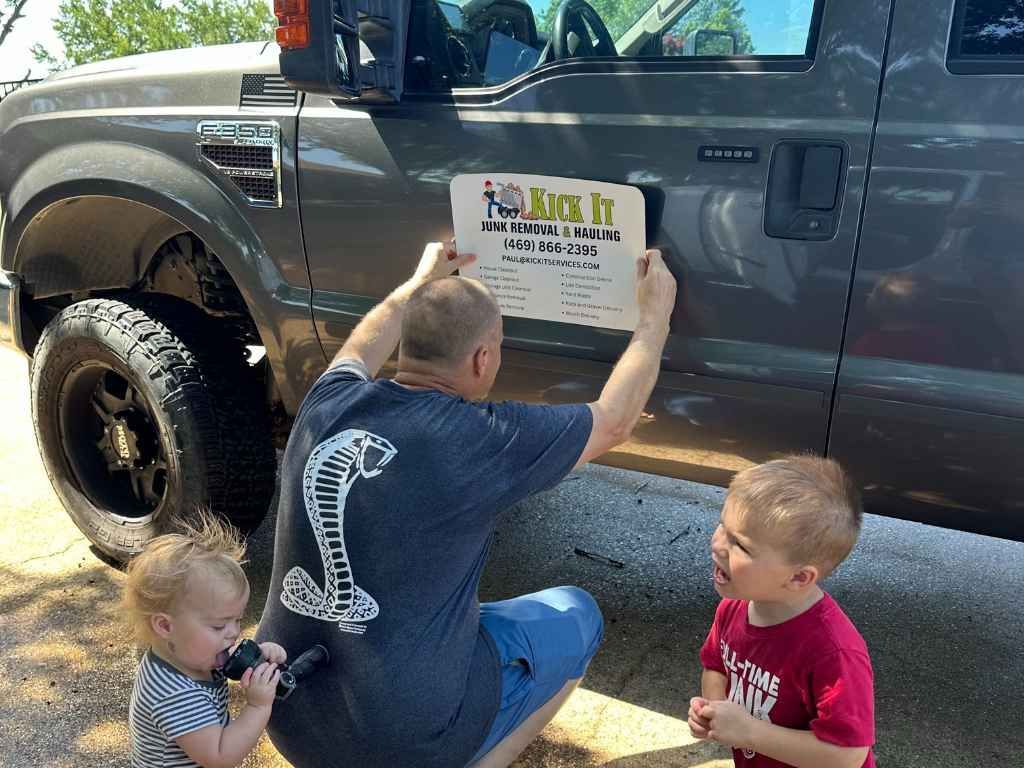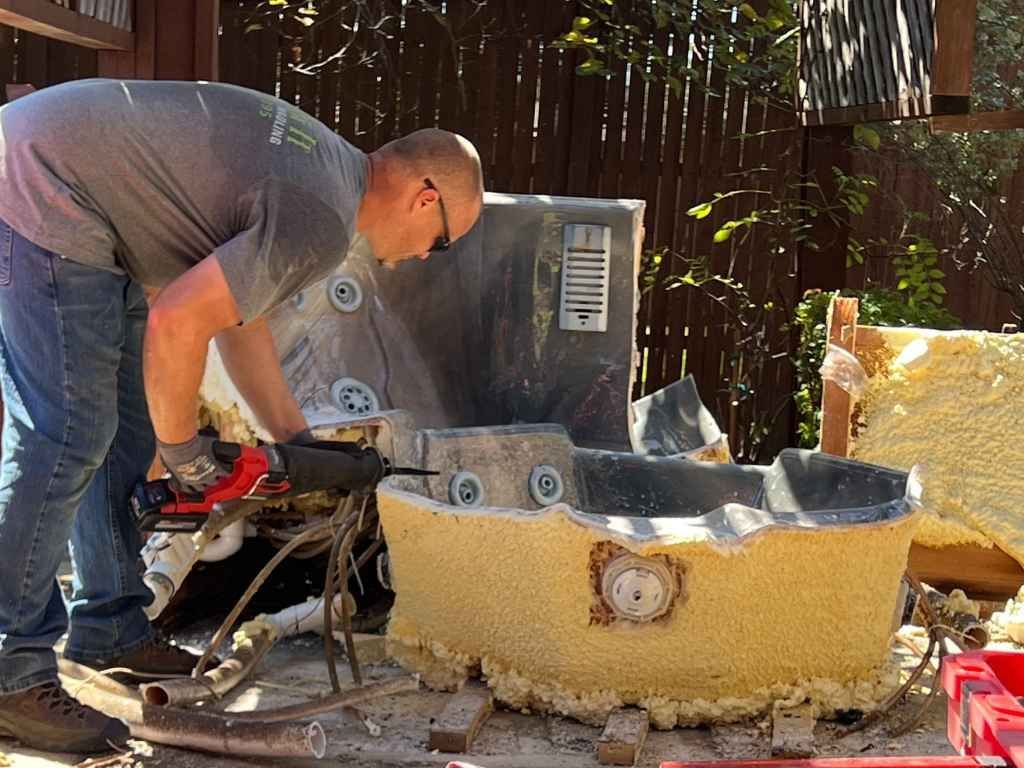Residential Junk Removal: What to Keep and What to Toss
When you begin the task of residential junk removal, you’re not just clearing out clutter—you’re taking the first steps toward creating a more functional, comfortable living environment. Junk removal can seem overwhelming at first, especially when there’s so much accumulated stuff, but with the right mindset and approach, you can take control of the process and make sure you’re only keeping what truly matters.
Understanding the value of decluttering is key to understanding how to go about deciding what should stay and what should go. So let’s break down the decision-making process: what should you keep, and what should you toss?
The Importance of Decluttering
Decluttering your home is not just about cleaning. It's about streamlining your space to create an environment that enhances your well-being, productivity, and sense of calm. When you rid your home of items that no longer serve you, you can create a more organized and peaceful living space.
The benefits of decluttering are numerous. A clutter-free home reduces stress, increases focus, and allows you to appreciate the items that truly matter. It can also improve your mental health, enhance your creativity, and even increase the energy in your living space.
What to Keep: Items That Add Value to Your Life
When you’re sifting through the belongings in your home, it’s essential to be mindful about what you choose to keep. Some items undoubtedly add value to your life, and it’s important to make decisions that reflect your current needs and lifestyle.
Sentimental Items
Sentimental items often have emotional value that transcends their physical worth. Whether it’s a family heirloom, a cherished letter, or a trinket from a memorable trip, these are things that hold deep meaning and should be kept in a special place. Rather than letting these items accumulate dust in a forgotten drawer or box, find a dedicated space where you can appreciate them and enjoy the memories they bring. You can even create a keepsake box or display them in a more visible area to keep the sentimental value alive.
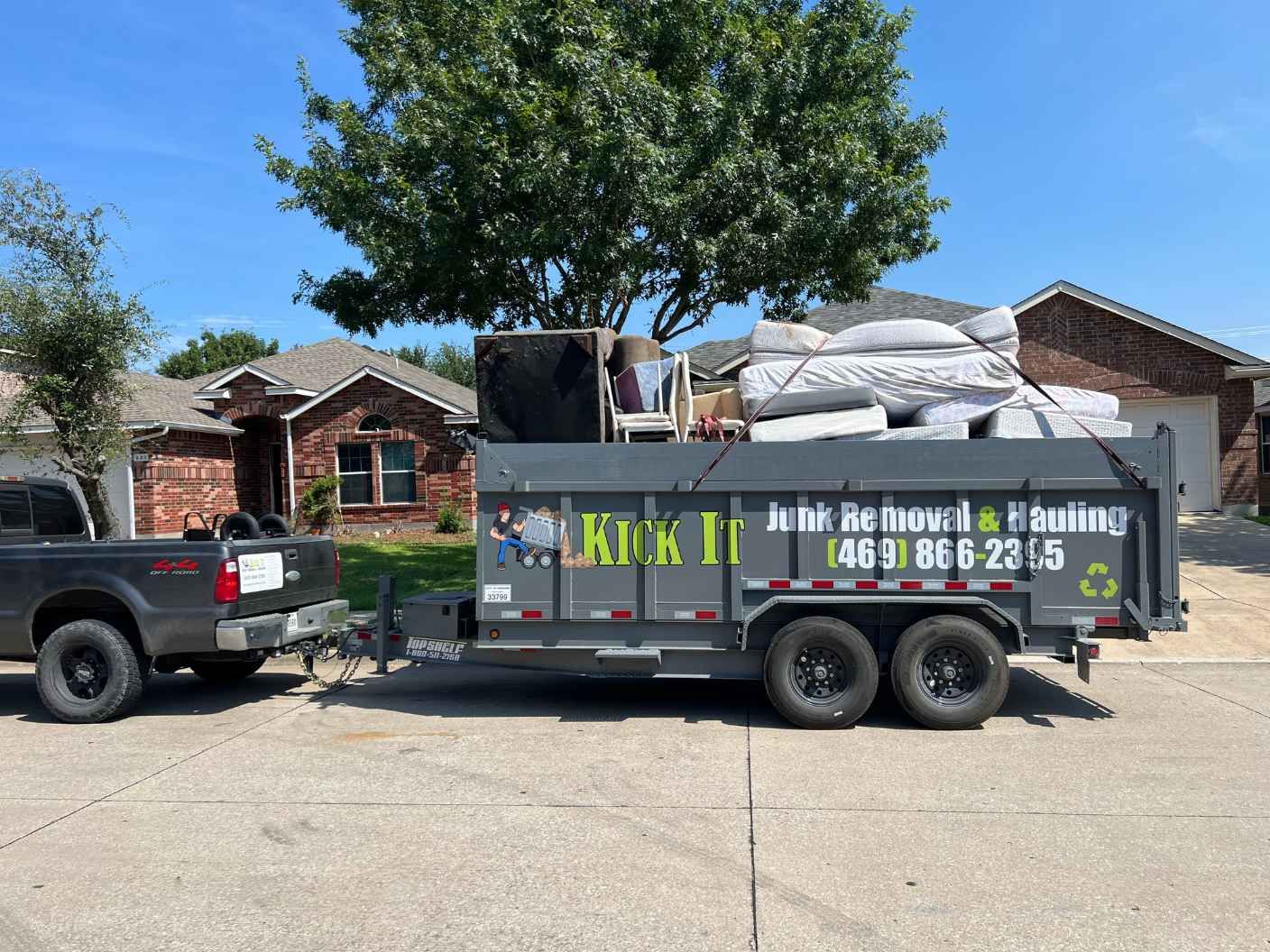
Furniture and Appliances in Good Condition
Upgrading your furniture or appliances doesn’t always mean the old ones need to be tossed. Items like a well-built couch, sturdy bookshelf, or a functional appliance that no longer suits your current décor or needs can still be valuable. If these items are in good condition, don’t be too quick to get rid of them. You can donate them to local charities, pass them on to friends and family, or repurpose them for different uses in your home. By giving these items a second life, you’re not only keeping them out of landfills but also helping someone else in need.
Books, DVDs, and Other Media That Spark Joy
While the digital age has certainly shifted the way we consume media, many people still have a deep connection to their physical media collections. If you have books, DVDs, or vinyl records that you love, there’s no reason to part with them. They can add character to your home, enhance your décor, and offer you comfort during quiet moments. Instead of throwing them away, find ways to store and display them neatly. If you find yourself with duplicates or items you’re no longer interested in, consider donating them or passing them along to someone who will appreciate them.
Personal Documents and Records
Personal records and important documents such as birth certificates, tax forms, medical records, and legal papers are not only necessary but also highly valuable. These documents should be kept safe and organized. Invest in a secure filing system, whether it’s physical or digital, to keep these papers easy to access when needed. For anything that is no longer necessary, such as old utility bills or expired contracts, consider shredding them to protect your privacy.
Tools and Equipment You Use Regularly
If you’ve been collecting tools and gadgets over the years, it’s essential to differentiate between what’s functional and what’s just taking up space. Keep only the tools you use frequently. Items like hammers, screwdrivers, pliers, and gardening tools should be stored in a way that’s easily accessible. If you have tools that are no longer functional or you haven’t used in years, consider donating them, recycling them, or disposing of them properly.
Seasonal Decorations and Holiday Items
Holiday décor can be a challenge when it comes to junk removal because, while it’s not something you use year-round, it does hold significance during the seasons. Holiday decorations, like Christmas lights, Halloween costumes, and Thanksgiving centerpieces, should be carefully organized and stored for the appropriate time of year. If you find yourself with decorations that no longer match your style or have been damaged over time, it might be time to donate or replace them. But as long as they’re in good condition and you enjoy using them, they can continue to add festive cheer to your home each year.
What to Toss: Items That Are Taking Up Space
Old Electronics and Gadgets
Technology moves quickly, and as it advances, older electronics become obsolete. If you have old phones, computers, televisions, or other gadgets lying around, ask yourself if they still serve a purpose. If they are no longer functional or useful, it’s time to dispose of them properly. Many electronic retailers offer recycling programs, so check with local stores or junk removal services to ensure you’re disposing of these items safely and responsibly.
Broken Furniture or Appliances
If furniture or appliances are broken beyond repair or no longer serve their original function, they should be removed. Keeping broken or damaged items around only adds to your clutter and can make your home feel disorganized. If the items are still usable, they can be donated or recycled. But if they’re truly beyond repair, they need to be disposed of appropriately.
Clothing You Never Wear
Your closet is often a catch-all for things you “might wear one day” or that were once in style but no longer fit. It’s time to let go of clothes that are too small, too large, or just no longer your style. Donate or recycle gently used items that others can benefit from. As you go through your clothing, ask yourself if it adds value to your life. If it doesn’t, it’s time to part with it.
Expired Food and Beverages
Your pantry and fridge can quickly become overrun with expired food and beverages. Whether it’s canned goods that are past their prime, spices that have lost their flavor, or beverages that are long past their expiration date, these items need to be thrown away. Regularly check the items in your kitchen and dispose of anything that’s expired or no longer safe to consume.
Old Paint Cans and Cleaning Products
Old cans of paint, cleaning products, and other hazardous chemicals can be both clutter and a safety risk. If you’ve been holding onto old paint cans or half-used bottles of cleaning products, it’s time to assess their usefulness. Many products have a limited shelf life and should not be kept indefinitely. Check with local waste disposal services for proper disposal methods, especially for chemicals and paints that can’t be thrown in the regular trash.
Paperwork That’s No Longer Needed
Accumulating piles of paper—bills, receipts, contracts, or old tax forms—is a common form of clutter. While some paperwork is important, much of it can be recycled. Sort through your files regularly and get rid of anything that’s no longer relevant. Shred any sensitive documents that contain personal or financial information to ensure your privacy is protected.
Toys That Are No Longer Played With
As your children grow, they will naturally outgrow toys. While some toys are timeless and can be handed down, others will no longer be of interest. When sorting through old toys, keep the ones that your children still enjoy, and donate or recycle the ones they’ve outgrown. This will help free up space and allow your children to rediscover their favorite items.
Old Magazines, Newspapers, and Books
While it’s tempting to hold onto old magazines, newspapers, or books, the truth is these items can take up a significant amount of space. If you haven’t read them in years, or they no longer hold any value, it’s time to recycle them. Donating gently used books is always an option if they are still in good condition.
Tips for Efficient Junk Removal
- Start Small: Tackle one room at a time to avoid feeling overwhelmed.
- Create Categories: Sort your items into three categories—keep, donate, and toss. Be honest with yourself about what you need and what you don’t.
- Get Professional Help: If you’re dealing with large amounts of junk, consider hiring a professional junk removal service to handle the heavy lifting and disposal.
- Repurpose Where Possible: Rather than throwing things away, see if you can repurpose old items into something useful or creative. Upcycling can be a fun way to give old things new life.
- Recycle Responsibly: Be mindful of what can be recycled. Separate your recyclables to ensure proper disposal.
Conclusion
Decluttering and junk removal isn’t just about making your space look tidy—it’s about creating an environment where you feel at ease. By carefully choosing what to keep and what to toss, you can curate a living space that reflects your personality and meets your current needs.
If the task of junk removal feels overwhelming or you need help with heavy lifting, Kick It Junk Removal & Hauling is here to assist you. Our expert team will help you efficiently clear out the clutter and make your space more livable.
Kick It Junk Removal & Hauling
Location: 14339 Stanley Lane, Forney, Texas 75126, United States
Phone: 469-866-2395
Email: Paul@kickitservices.com
